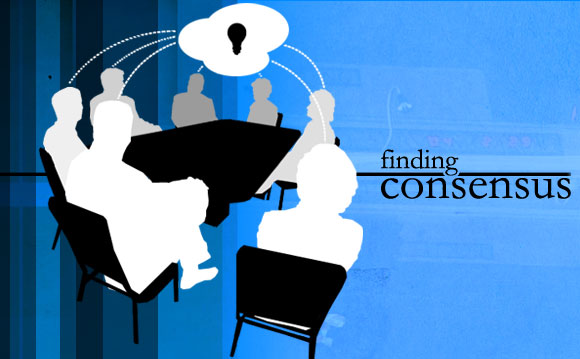
Is it possible for supporters of Mind Freedom, the Bazelon Center for Mental Health Law, Mental Health America, the National Alliance on Mental Illness, Mental Illness Policy and the Treatment Advocacy Center to have a civil discussion and reach a consensus about how everyone can work together to improve mental health care in America?
The Scattergood Foundation hopes so.
How would you design a mental health system?
Last year, Scattergood brought together several prominent mental health advocates for a conference and challenged them to identify the issues that cause dissent and find ways to formulate solutions that would enable all of us to improve the delivery of mental health services to those who need them. Scattergood has now released two position papers and is seeking comments about both.
The subjects: liberty and privacy.
Dr. Lloyd Sederer and Dr. Michael Hogan will officially present the papers on May 5th to some four thousand attendees at the National Council on Behavioral Health conference in Washington D.C. and I have been asked to participate in a panel discussion about the paper’s findings and recommendations. Joining me will be consumer advocate Harvey Rosenthal, Dr. Harold Schwartz, Scattergood President Joe Pyle and the national council’s president and CEO, Linda Rosenberg , along with Dr. Sederer and Dr. Hogan.
If you visit the Scattergood’s website, you can read both papers and offer your comments. You can also fill out a poll that gives you a chance to state whether or not you strongly disagree or agree with the findings of the two papers.
While both are thought-provoking and well done, I suspect the paper on liberty — Liberty and Recovery: Resolving a Mental Health Dilemma — will most stir the pot. That’s because its authors endorse the use of Assisted Outpatient Treatment BUT ONLY after explaining that AOT should be used only as a last resort and would not be needed as frequently if decent community mental health services were put into place. The authors’ state:
The system is a mess. Our perspective is that liberty must be expanded for people with mental health problems, through real choices and the opportunity to get one’s needs met without a court order. We also assert that engagement in quality mental health care is fundamentally important, particularly for people with the most serious conditions. These perspectives, seemingly in conflict, can in fact be aligned. In the mental health care system we seek, care would be early and based on personal preferences, and services would be welcoming to families. AOT would be more widely available and must less frequently used — because a system offering early and good care in a collaborative approach would result in less need for extreme measures.
The authors note that AOT is such an explosive issue that any support of it will immediately raise hackles with those who ardently oppose compulsory treatment while AOT proponents may downplay the need for additional services.
Our effort in this paper and toolkit is to outline tangible ways that the goals of liberty and engagement can both be advanced in communities and states. We want, and suggest progress on both. Our approach is to outline alternatives that increase engagement AND liberty, with examples and resources for advocates. Given deeply divided views in the “mental health community,” the turbulence of the environment in health care, and the complexity of change, some advocates will reject our approach because we endorse AOT, even though our ultimate goal is to have less involuntary care. Others may reject the approach because it is not solely focused on AOT. But we hope to provide perspectives and tools that allow advocates to work on improving engagement in care and/or on expanding liberty — or preferably, both.”
Is that possible?
I hope readers will not let their personal views about AOT keep them from appreciating other key points that the liberty paper makes, such as its recitation of hurdles that prevent persons from seeking care, its brief history of current mental health laws, the side effects that involuntary treatment sparks, and its detailed list of successful programs that its authors believe would radically improve our mental health care system if widely implemented.
(I was especially pleased that advance directives, collaborative primary care, peer-to-peer services, Housing First, Crisis Intervention Team training, and mental health courts were listed.)
.-



